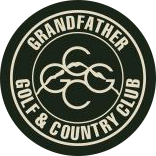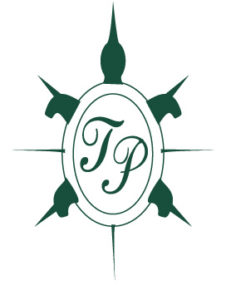Game Plan – Henry DeLozier‘s monthly column in Golf Course Industry Magazine – continues its series on staffing for success with a review of the business bestseller “Leading with Gratitude: Eight Leadership Practices for Extraordinary Business Results.”
“Thank you.”
How does it make you feel when someone expresses their appreciation for a job well done? Pretty great, right? We can all remember the emotional high when a boss we respected told us how grateful he or she was for our contribution to a particularly meaningful project. As it turns out, beyond the personal boost gratitude provides, it’s also great for business. The multi-faceted benefits of gratitude is the subject of Adrian Gostick’s and Chester Elton’s business bestseller “Leading with Gratitude: Eight Leadership Practices for Extraordinary Business Results.”
After surveying more than 1 million employees, Gostick and Elton found that expressing gratitude is the easiest, fastest and least expensive way for managers to improve employee performance and engagement. In that sense, showing gratitude is not only about being nice — it’s about being smart because it could also uncover untapped employee potential and identify obstacles standing in the way of even better performance.
Maybe the best thing about practicing gratitude is that it’s easy. But that’s not to say that it comes naturally to all leaders or that it’s well understood as a business strategy. In many organizations, there exists a sizeable “gratitude gap” between the appreciation employees feel they deserve and what they receive.
This gap points to the consequences of an ungrateful work culture. The authors found that 81 percent of workers said they would work harder if their boss was more grateful for their work. And if you want to reduce turnover, start with gratitude. The No. 1 reason people leave a job, according to the U.S. Department of Labor: They don’t feel appreciated by their managers, even more of an issue with today’s younger workers.
Expressing gratitude effectively is an easily learned behavior, but it does require more, in the authors’ view, than “showering more thank-yous” on employees: “Developing genuine gratitude involves carefully observing what employees are doing, developing greater empathy and sincerely trying to understand the challenges they face.”
Some leaders will insist they are “not wired” for gratitude, excusing their command-and-control style with increased performance, production and results. But the authors insist just the opposite: “Leaders who infuse fear into their work cultures undermine their objectives to increase performance and instead produce stress that can lead to burnout and other productivity-crushing effects.”
Former Ford CEO Alan Mulally is among the many executives who back up the authors’ claims. “Skills are one thing,” he says, “but to create a smart and healthy organization, void of politics, whose people don’t go after each other, that’s about respecting them, showing them the data and thanking them for what they’ve done.”
In his first meeting with Ford’s 4,000 dealers, Mulally began practicing what he preached. He asked Ford employees in the audience to stand, turn and face the dealers. “Now say ‘We love you,’” Mulally instructed. It took the employees three tries before Mulally was satisfied with their sincerity and enthusiasm, but the dealers were quickly convinced this was going to be a new Ford under Mulally’s leadership, one where their roles were valued.
“We aren’t saying every manager needs to offer praise to every employee every day,” Gostick and Elton conclude. “We are saying that most managers should be offering more of it, quite a bit more often.”
This article was authored by Henry DeLozier for Golf Course Industry magazine.
















